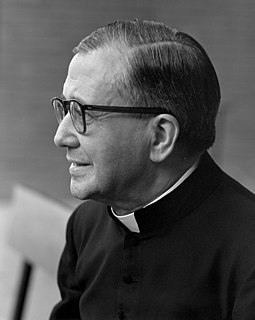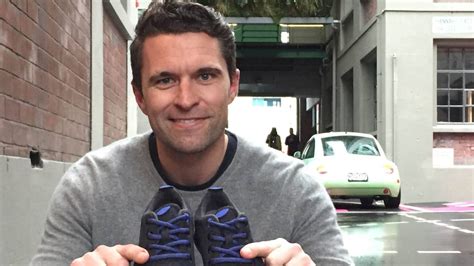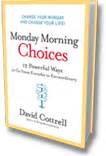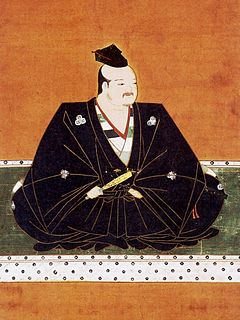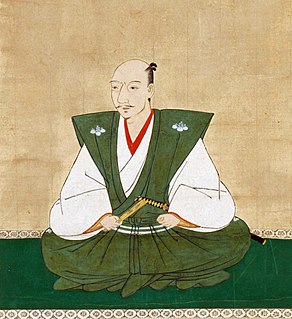A Quote by Toyotomi Hideyoshi
Pessimism is a losing strategy. Leadership demands both confidence and optimism in abundance.
Quote Topics
Related Quotes
Some people argue against both optimism and pessimism in favor of so-called realistic thinking. They distrust optimism on the grounds that it causes us to sugercoat problems, discount risks, and exaggerate the upside. Pessimism, on the other hand, is criticized as too downbeat, de-energizing, and generally damaging in its impact. This crown prefers realism as the neutral and objective middle ground.
Christian optimism is not a sugary optimism, nor is it a mere human confidence that everything will turn out all right. It is an optimism that sinks its roots into an awareness of our freedom, and the sure knowledge of the power of grace. It is an optimism that leads us to make demands on ourselves, to struggle to respond at every moment to God's call.
Magic enables man to carry out with confidence his important tasks, to maintain his poise and his mental integrity in fits of anger, in the throes of hate, of unrequited love, of despair and anxiety. The function of magic is to ritualize man's optimism, to enhance his faith in the victory of hope over fear. Magic expresses the greater value for man of confidence over doubt, of steadfastness over vacillation, of optimism over pessimism.
Leadership can't be claimed like luggage at the airport. Leadership can't be inherited, even though you may inherit a leadership position. And leadership can't be given as a gift - even if you've been blessed with an abundance of leadership skills to share with someone else. Leadership must be earned by mastering a defined set of skills and by working with others to achieve common goals.
Nietzsche inveighs against every sort of historical optimism; but he energetically repudiates the ordinary pessimism, which is the result of degenerate or enfeebled instincts of decadence. He preaches with youthful enthusiasm the triumph of a tragic culture, introduced by an intrepid rising generation, in which the spirit of ancient Greece might be born again. He rejects the pessimism of Schopenhauer, for he already abhors all renunciation; but he seeks a pessimism of healthiness, one derived from strength, from exuberant power, and he believes he has found it in the Greeks.


